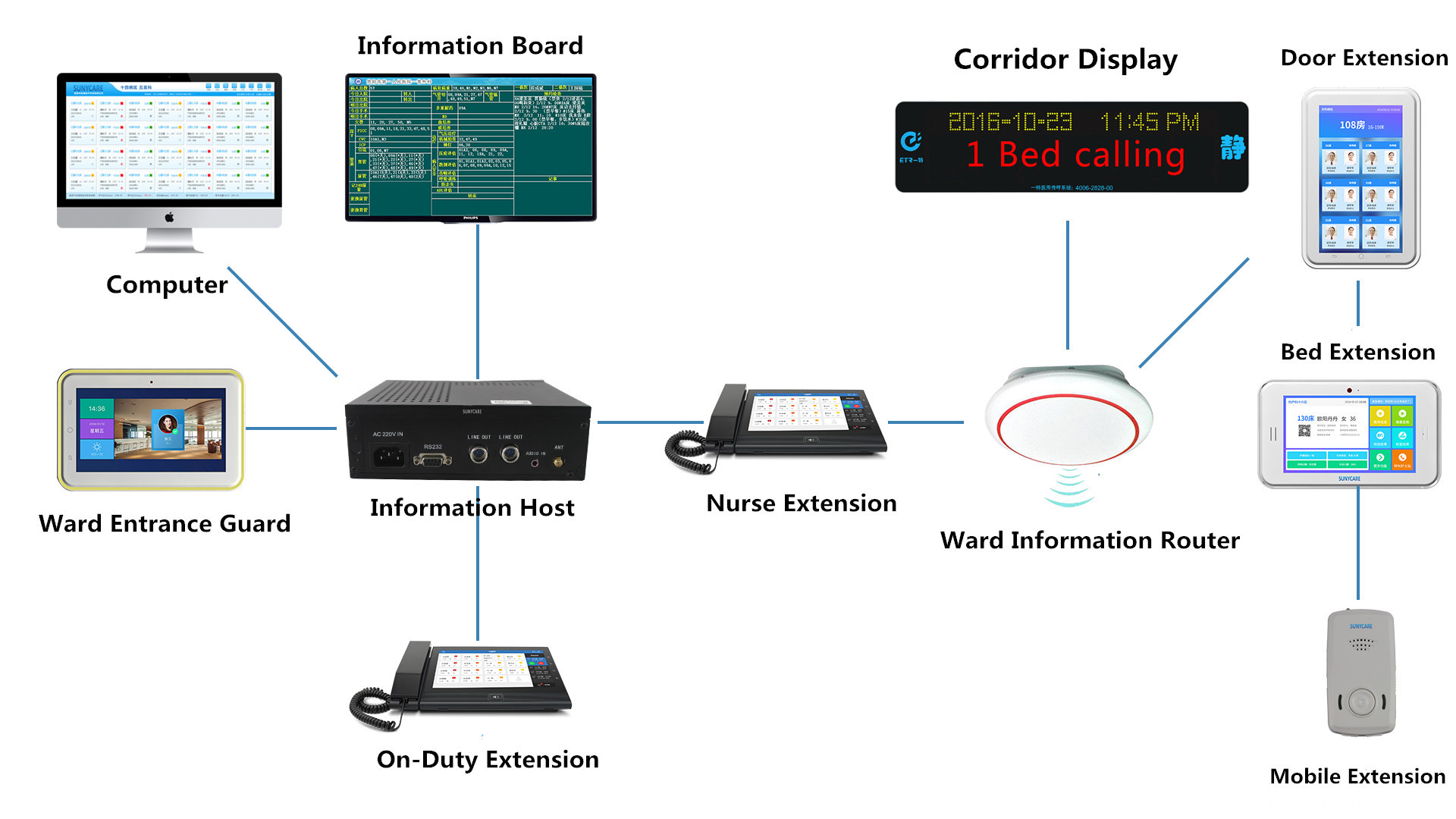9 misunderstandings about drinking tea
Tea has become the world's most popular, most popular, and most healthy and healthy green beverage. However, there are many misunderstandings about drinking tea. The Times of India recently published articles to help readers eliminate nine misconceptions about drinking tea.
Misconception 1: White tea and black tea come from different plants. Both white tea and black tea come from tea trees, but the processing methods are different. Black tea has a lot of fermentation process, while the young leaves of white tea are picked, only after fixing, not rubbing, and then drying or slow drying.
Misunderstanding II: White Tea Green tea does not matter. Among all teas, white tea has the highest antioxidant content and caffeine content is the least.
Misconception 3: Milk does not offset the health benefits of tea. A recent study in the European Heart Journal found that casein in milk binds catechins in tea. Therefore, drinking tea and milk can destroy the effectiveness of tea in preventing heart disease.
Misconception 4: The caffeine content of tea is higher than that of coffee. The U.S. Department of Agriculture’s study found that the amount of caffeine in a cup of tea is one-third of the caffeine content in a cup of coffee.
Misconception 5: Drinking too much tea can easily lead to dehydration. Although tea is a diuretic, due to caffeine, the diuretic effect of tea will gradually decline. In addition, 99% of the water in the tea is water, which keeps the body moist enough to prevent dehydration. White tea is best for body replenishment.
Misconception 6: Tea damages teeth. Tea is a natural source of fluoride, and fluoride can enhance enamel and prevent tooth decay. Regular tea drinking also helps prevent plaque from binding to sugars in the mouth to produce acids and prevent tooth damage.
Misunderstanding 7: Drinking tea leads to hyperacidity. Tea is an alkaline food, and "tea drinking leads to hyperacidity," which is purely nonsense. In fact, black tea has the effect of preventing gastric ulcers.
Misconception 8: Cooked tea tastes better. Tea leaves only need hot water to brew, without boiled water, boiled tea taste will be more bitter.
Misunderstanding 9: Drinking tea can cause insomnia. Tea contains caffeine, it really refreshing effect, excessive intake can affect sleep. However, more and more studies have shown that the amino acid L-theanine in tea has an active role in improving sleep quality.
IOT Smart Ward Nursing System
Smart Ward Nursing System is an indispensable important part in hospital digitization construction, which not only provides the powerful communication among doctors, nurse and patients, but also creatively offers the new functions of voice reminding, information issuing, information collection, multimode connecting data and upload automatically with all testing device in the ward, information process and etc., stretched hospital information system (HIS) to wards. This system has truly achieved a leap of nursing quality besides the greatly decrease of work intensity of nursing staff.

Iot Smart Ward Nursing System,Ward Calling System,Wired Ward Calling System,Smart Wired Ward Calling System
Hunan Eter Medical Co., Ltd. , https://www.eter-tech.com